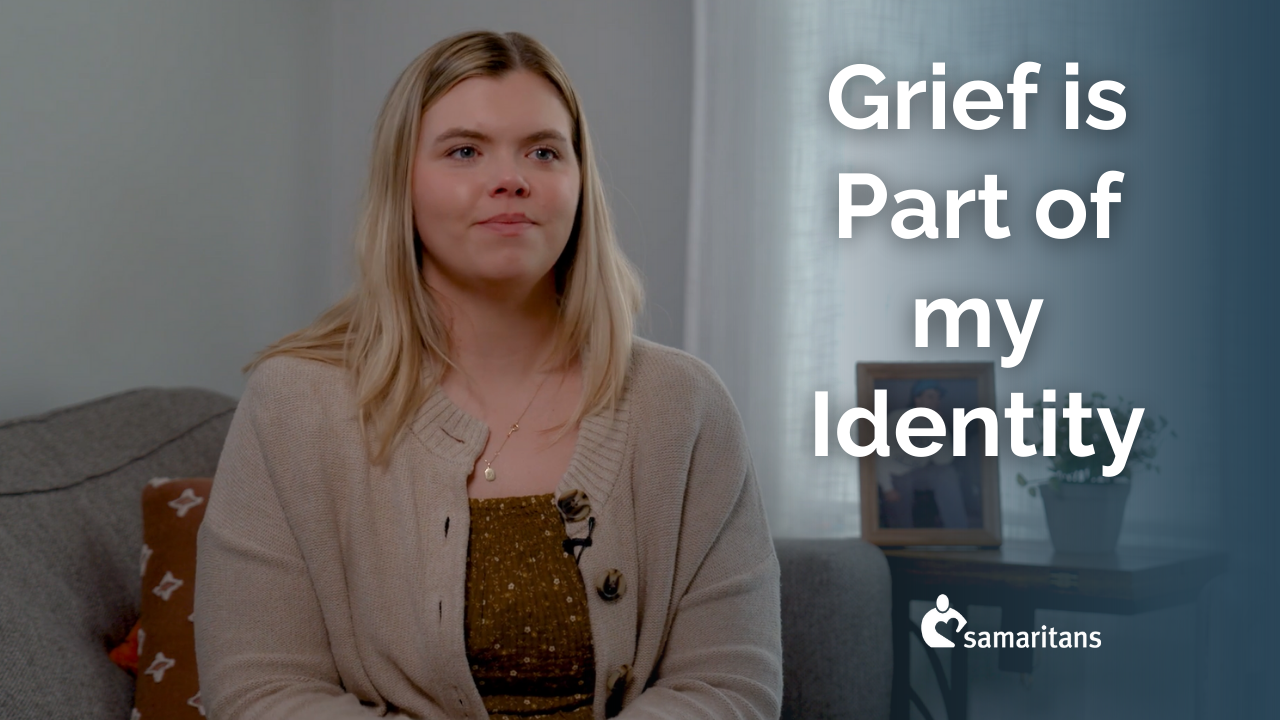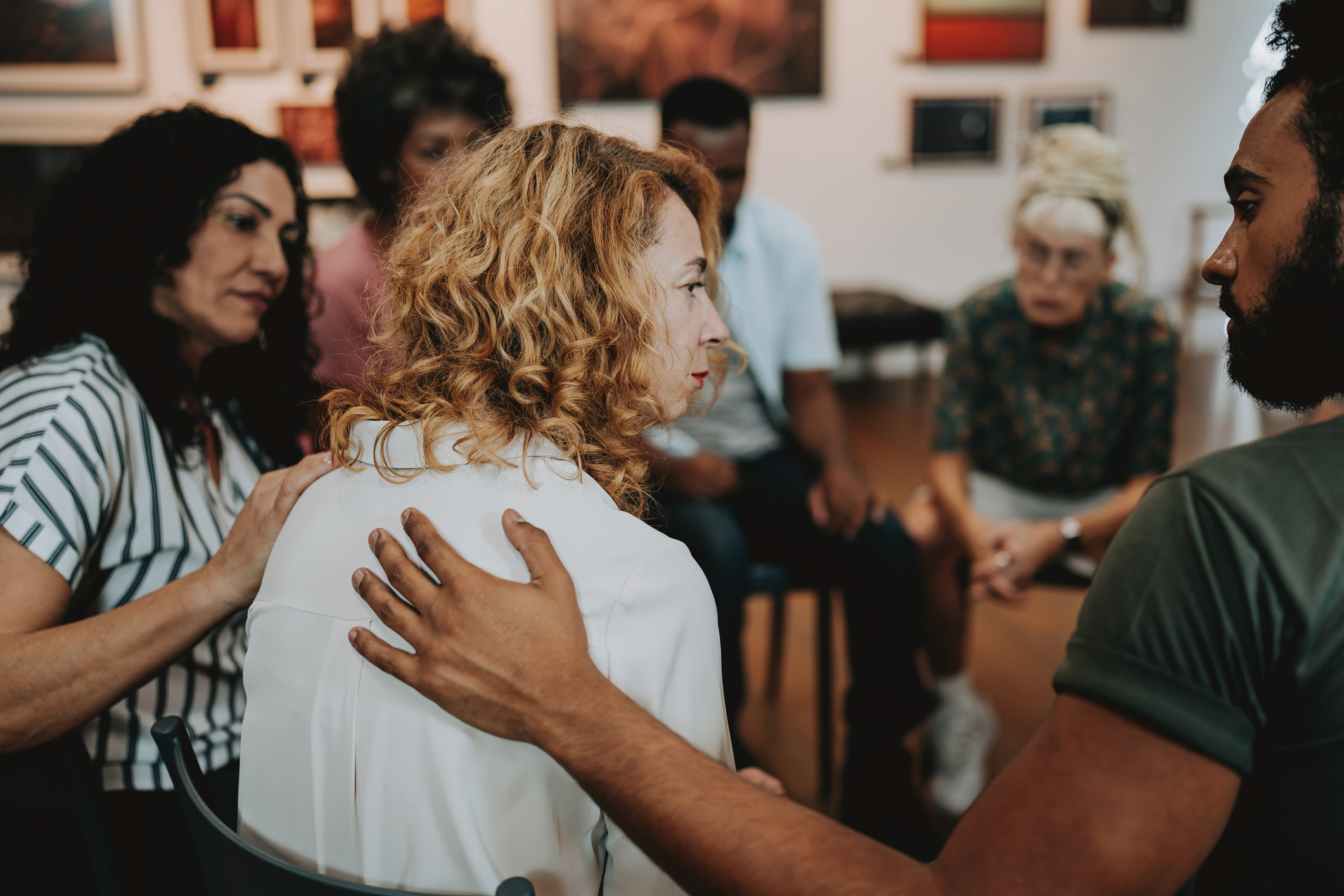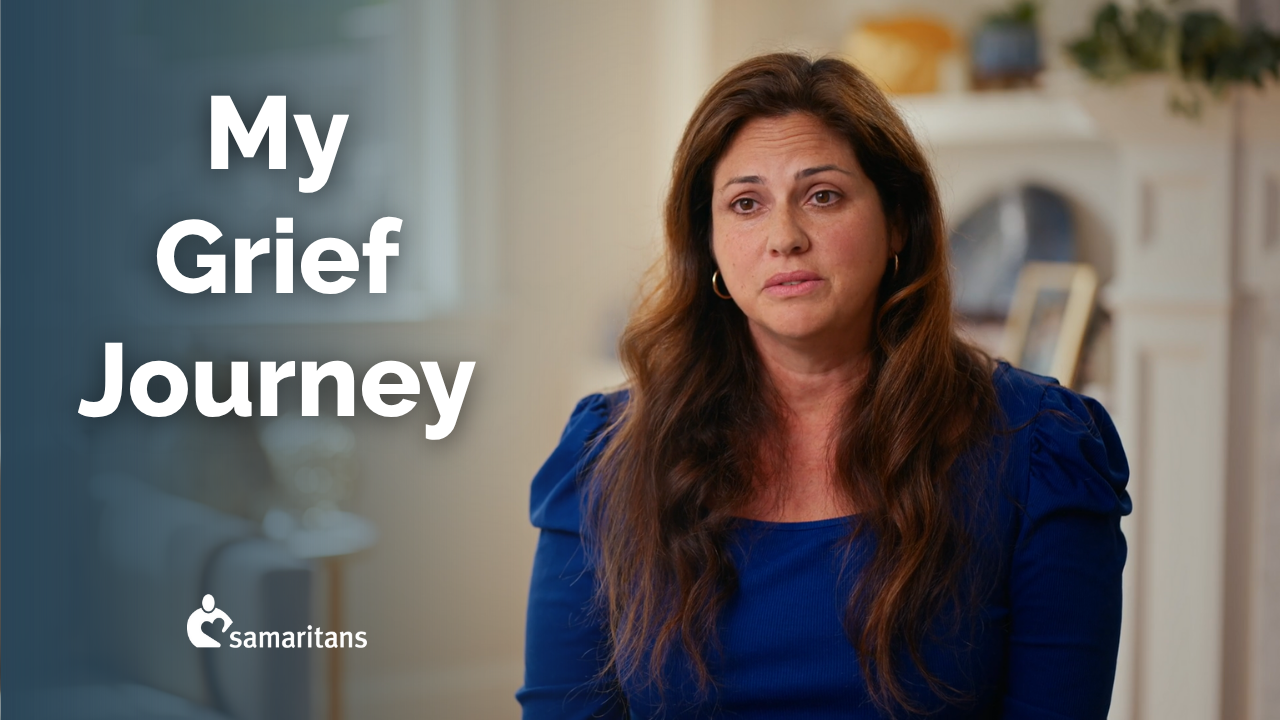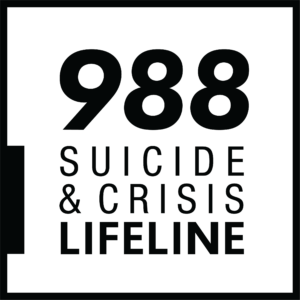Bullied youth often struggle with depression, anxiety, and low self-esteem—issues that can persist well into adulthood. They are also at a significantly higher risk of suicidal thoughts.
The shame surrounding bullying can make it difficult for young people to speak up, and when they do, their experiences are often dismissed as just part of growing up. Too often, the perpetrators are not held accountable. As we observe National Bullying Prevention Month this October, it’s crucial for us as adult allies to recognize the deep impact of bullying and its link to suicide risk. By offering compassionate support and standing up against harmful behavior, we can help create a safer, more empathetic world for the young people in our lives.

The Impact of Bullying
“You hear too often of younger children and younger adults taking their own life because of bullying, and I feel like it’s not talked about enough,” says Ashley, a Helpline Coordinator at Samaritans.
Ashley, one of the compassionate listeners you can reach when you call the Samaritans Helpline, provides a safe space for callers to open up and talk. When working with young callers experiencing bullying, she focuses on understanding their experiences, feelings, thoughts, and how bullying affects their lives.
Ashley reflects on her own experiences: “I remember when I was that young and going through bullying, I felt like there was no way out. And that’s why a lot of these children feel that way—because they feel like there’s no escape.”
Unfortunately, Ashley’s experience is not unique. Earlier this year, the story of Aubreigh—a 13-year-old girl who died by suicide in September 2023 after experiencing persistent bullying at her middle school—went viral on social media, prompting many to call for better protections for youth and accountability for the students perpetrating the bullying.
“It resonated with me because I went through my own bullying experience when I was Aubreigh’s age. The school didn’t do anything, and I had reached a point where I couldn’t take the bullying anymore,” Ashley shares.
Understanding Bullying in a Broader Context
Bullying can manifest in various forms, including physical contact, words, or more subtle actions such as social exclusion and spreading rumors. Cyberbullying has also become an increasing concern. And while often associated with schools, it’s important for adult supporters of youth to recognize that bullying extends beyond the classroom. The dynamics fueling schoolyard bullying—power imbalances, prejudice, and systems of oppression—are the same forces driving workplace harassment, online hate speech, and various forms of discrimination.
- About 1 in 5 cyberbullied teens say they were targeted due to their gender (22%) or their racial or ethnic background (20%).
- 1 in 4 transgender high school students have experienced violence at school.
- LGBTQ students who reported being bullied in the past year had three times greater odds of attempting suicide in the past year.
When I was that young and going through bullying, I felt like there was no way out.
Standing Up Against Bullying
When bystanders intervene, bullying stops within 10 seconds 57% of the time.
Samaritans community partner Greater Boston PFLAG prevents suicide every day by educating and empowering adults to stop bullying, harassment, and discrimination of LGBTQ+ families and youth. Their active bystander training, co-presented with Rethink Citizens, teaches how to safely intervene to prevent and stop harm. They aim to create a community of “Upstanders” that contribute to a culture of respect, accountability, and shared responsibility.
Young people may not know how to safely intervene in a bullying situation. Guide them to identify trusted adults they can report the bullying to, and reinforce that reporting bullying is both brave and necessary.
The active bystander training suggests several ways to intervene if you witness bullying occurring.
- Confront the perpetrator. This doesn’t necessarily mean putting yourself in harm’s way. Sometimes stepping in as a third party and showing you’ve witnessed what’s happening can be enough to disrupt the harm occurring.
- Defend the marginalized person. Respect their agency and follow their lead. Stand behind them in case the situation escalates. You can also check in with the harmed person later: “I saw what just happened. Are you okay? What can I do to support you?”
- Rally others to help. Speaking up against bullying isn’t just about being brave in the face of danger — it’s about being willing to challenge the crowd. When you see someone standing up to harmful behavior, stand with them. Your presence encourages others to join in.
- Follow up. If you are not comfortable calling out someone publicly, you can follow up in a one-on-one or small group conversation to bring attention to harmful words or behavior.
Get more resources from GBPFLAG.
Supporting Someone Being Bullied
When someone experiencing bullying, discrimination, or harassment calls the Samaritans Helpline, they can expect to connect with an empathetic listener like Ashley who will provide nonjudgmental support. If you know someone in your life is being bullied, here is how you can provide similar assistance.
- Be a safe space where they feel comfortable sharing. Being bullied can be difficult for someone to talk about for many reasons, but knowing they have a person to turn to can be very helpful.
- Validate their experience. Acknowledge the pain or shame they are feeling. Knowing that someone else sees what they are going through can mean a lot.
- Discuss their safety and get additional help. Someone being bullied needs more support than any one person can give. Connect your child with resources such as Hey Sam, where they can receive nonjudgmental text support from a peer. If you are dealing with a school bullying situation, reach out to a school counselor. Hearing a loved one is being bullied, harassed, or discriminated against can be challenging, so remember to reach out to your own support system as well.
- Respect their autonomy. Young people are the experts in their own lives. Working together to find solutions will yield much better results than taking action on your own. It also gives the person a sense of control, which is something that bullying takes away.
Ashley, now a mother herself, hopes for a better world for her child and works towards this through her role on the Helpline.
“I feel like children who go through this should be supported more and try to be understood a little bit more because I feel like there are a lot of people that do end up brushing it off,” she says.
She encourages young people being bullied to remember their self-worth and love themselves for who they are.
“Even people who bully us have their own struggles and battles that they face. Sometimes people project what they’re going through onto us because they’re in pain themselves. It’s hard to recognize that in the moment when it’s happening, but not everything is your fault.”
If you are experiencing bullying, harassment, or discrimination, you are not alone. Call or text 988 to get 24/7 support. Youth under 24 can text Hey Sam at 439-726 to chat with a trained peer.









